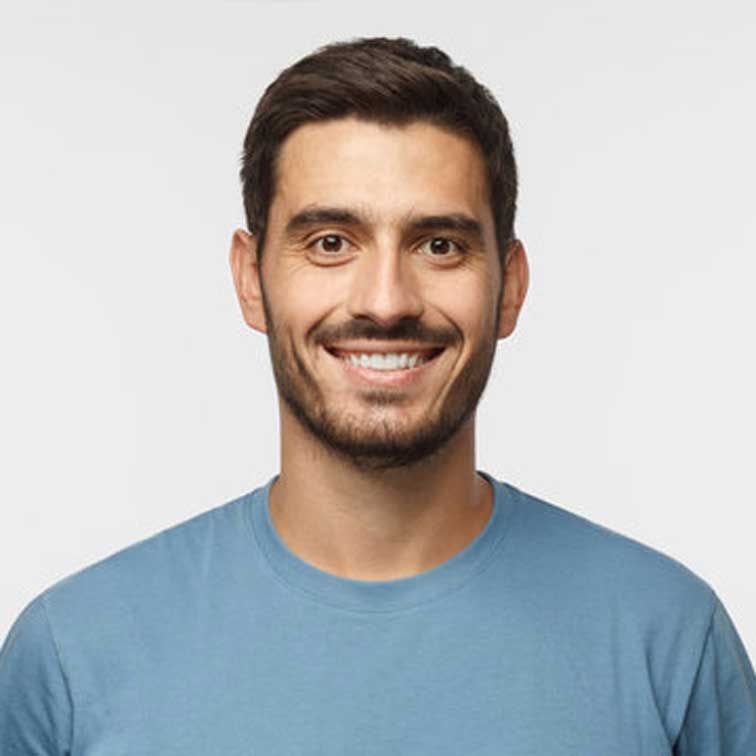
Frank Nijsen
- Employer: Radboud UMC
- Role: Initiator
- Institute: Radboud UMC
- Function: Associate professor
Frank Nijsen is Associate Professor at the Department of Medical Imaging department at Radboud university medical center Radboudumc). His research group focuses on experimental interventional nuclear medicine and is part of the research group NucMed and he leads the research group MAGIC (Minimally Invasive Image-Guided Intervention Center). Furthermore he is an active member of the Dosimetry Core Unit (DCU) and spokesperson for the Research Program "Advanced Imaging”.
Frank studied biology and medical biology at the University of Amsterdam. He performed his PhD research on "Radioactive holmium-loaded poly(L-lactic acid) microspheres for treatment of liver metastases" at the Departments of Pharmacy of the University of Utrecht and Nuclear Medicine, University Medical Center Utrecht (UMCU). In 2011, he was asked by UMCU as the leading person in the valorization of the holmium microspheres for malignancies: GMP production, scale up, quality Assurance, market plan, co-founding the start-up company Quirem Medical (2013) and CE-mark (2015). Within Quirem Frank became Chief Scientific Officer. The valorization circle was successfully completed on July 15th, 2020 with the acquisition of Quirem by Terumo.
In his role in the Radboudumc, his group (ca. 10 PhD candidates, 2 Post-docs and 1 technologist) is investigating (real-time) image-guided radioembolization and new applications for radioactive internal treatment with particles of tumors (brain, head & neck, pancreas, prostate and lung). His group also focuses on optimizing the techniques to obtain a better patient outcome; by investigating new microspheres, new and smart administration techniques, fully image-guided treatments (Emeritus project, Sloth project, Deliver project), radiobiology (UNRANU project) & dosimetry and flow dynamics (ULTIMO project) of these microspheres. Within his research there is a close collaboration with the medical specialists (nuclear physicians, interventional radiologists, oncologists, radiotherapists and immunologists), Institutes of Technology, Pharmacy, patient associations and companies. The research that is performed fits into a strong bench-to-bedside-to-community approach within translational research.